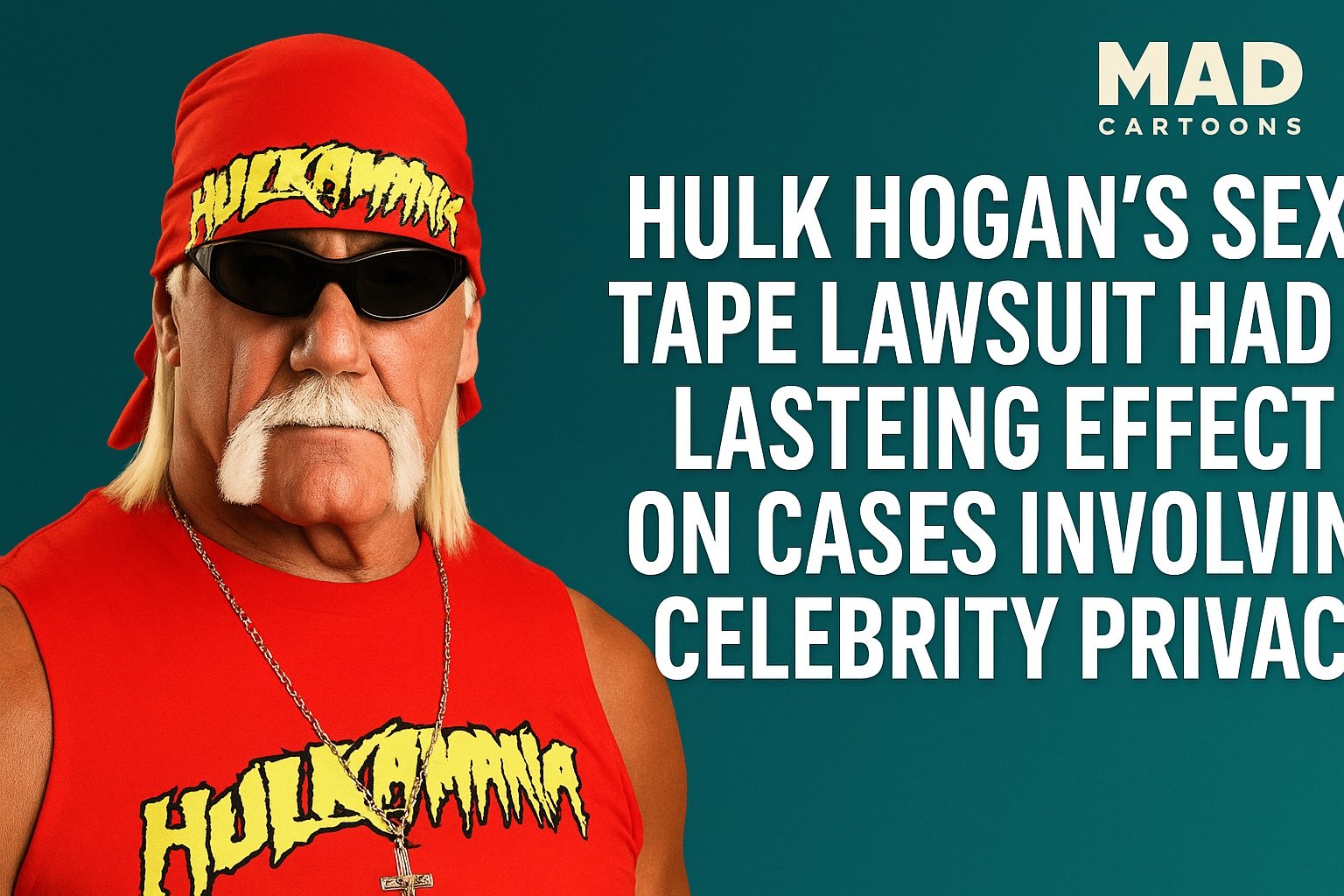Hulk Hogan’s Sex Tape Lawsuit Changed the Landscape of Celebrity Privacy Lawsuits
A Case That Rocked Media and Redefined Privacy
In 2016, former wrestling superstar Hulk Hogan (real name: Terry Bollea) made headlines not for wrestling, but for a legal battle that would redefine the way celebrity privacy is protected. His lawsuit against Gawker Media over the release of a secretly filmed sex tape resulted in a staggering $140 million verdict, shaking the foundation of media freedom versus personal privacy.
This was more than just a scandal—it became a landmark case in the fight to protect individual dignity in the digital age.
The Backstory: How It All Started
The controversy began when Gawker published a short clip from a secretly recorded sex tape featuring Hogan. The video, taken without his consent, quickly went viral and caused massive embarrassment and emotional distress. Hogan claimed that this was not just a breach of privacy—it was a public shaming.
While Gawker argued freedom of the press under the First Amendment, Hogan’s legal team claimed this was an invasion of privacy with no legitimate public interest. The Florida jury agreed with Hogan, awarding him a combined total of $140 million in damages.
Why This Case Was So Important
The Hogan vs. Gawker case was unique in several ways:
- Privacy vs. Press Freedom: It set the tone for how courts might weigh an individual’s right to privacy against media outlets’ right to publish.
- Accountability for Online Content: It showed that digital media companies, even those thriving on tabloid-style content, could be held legally accountable.
- The Role of Third Parties: Tech billionaire Peter Thiel secretly funded Hogan’s legal fees, citing his own grudge against Gawker. This highlighted how wealthy backers can influence legal battles.
Long-Term Impact on Media and Celebrities
Since the verdict, media outlets have become more cautious about publishing private content—especially material obtained without consent. Celebrities, in turn, feel more empowered to challenge tabloids or websites that cross the line.
In fact, Hogan’s case is now frequently cited in law schools, journalism classes, and digital media ethics discussions. It even played a role in the shutdown of Gawker Media, which filed for bankruptcy after the verdict.
What This Means for the Future
As social media, leaks, and hidden recordings become more common, this case serves as a precedent for how courts might handle privacy in a digital world. It reminds content creators and publishers to weigh ethical responsibility against viral value.
Whether you’re a journalist, influencer, or content publisher, Hogan’s lawsuit is a wake-up call: Think before you publish.
Share this content:
